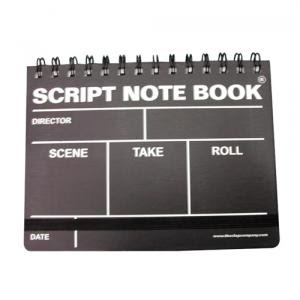
It seems like another lifetime, but I once said “I do” and was married for seven years. The relationship foundered for the usual reason – we couldn’t stand the sight of each other anymore – and were delighted to go our separate, happily ever after ways.
I was recently reminded, though, of the one thing I miss about my lawfully wedded life when I overheard my neighbor speaking Italian. My ex’s Mama and Papa were from the same small town in Italy’s Friuli region, so I was heavily exposed to this bella lingua for as long as our imperfect union lasted.
I never approached being fluent, but it got so I could pick up the general gist of a conversation. As with most languages, there were a few words I’d hear constantly, including ecco. Early in our marriage, after another gut-busting Sunday dinner, I asked for a literal translation of ecco and stumped every Italian speaker around the table.
“Does it mean, ‘There you have it?’”
Um, not exactly.
“How about, ‘What else did you expect?’”
Nope, that wasn’t it, either.
The idiomatic inquisition lasted for a few more minutes until I realized the futility of my quest and dropped it for good.
It wasn’t until years later I discovered this is what’s known as a lexical gap. That is, there is no one-to-one word, expression or turn of phrase from the source language to the target language.
For instance, an English word that has a hard time breaking the language barrier is “have.” Vernaculars as far-flung as Arabic, Finnish, Hungarian, Turkish and Welsh don’t have a specific verb to describe this form of all-encompassing possession and, instead, rely on a combination of words. “I have a gun” in English would literally translate as “My gun exists” in Turkish or “There is to me a gun” in Hebrew and “By me there is a gun” in Russian. Our Russian brethren do have a word for “to have” but it’s very rarely used because it can backfire like that gun and be construed as a rude term for getting it off as in, “Do you have a wife?” Get the drift?
All of this native tongue-twisting can get pretty funky when you’re an English-speaking tourist traveling abroad. Being understood verbally isn’t a problem, since body language does a lot of heavy lifting in a face-to-face confab, but reading signs and directions translated into English can be a mind-blowing experience. Some of the more hilarious head scratchers collected by intrepid trekkers over the years include:
On a faucet in a Finnish bathroom: “To stop the drip, turn cock to right”
In a Bucharest hotel lobby: “The lift is being fixed for the next day. During that time we regret that you will be unbearable.”
In a Tokyo bar: “Special cocktails for the ladies with nuts.”
Ad for donkey rides in Thailand: “Would you like to ride on your own ass?”
In a Swiss inn: “Special today – no ice cream.”
In 2004, the BBC polled 1,000 linguists as to which is the world’s most untranslatable word. And the winner is…”ilunga” from the Tshiluba language spoken in the southeastern Congo. Roughly translated, it means “a person who is ready to forgive any abuse for the first time, to tolerate it a second time, but never a third time.”
Wonder if those same linguists could help me with ecco.



